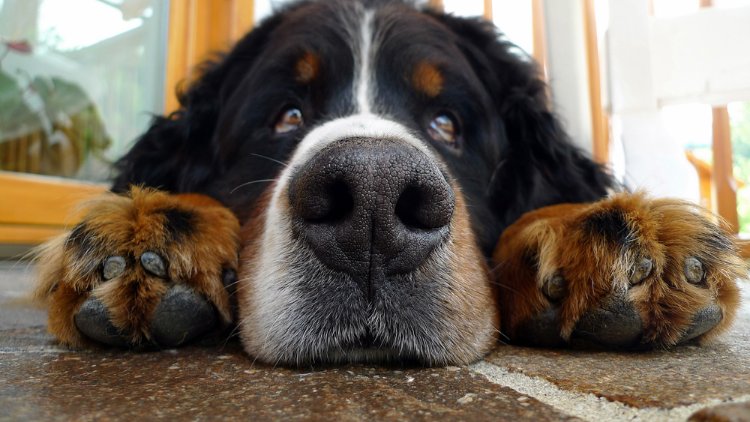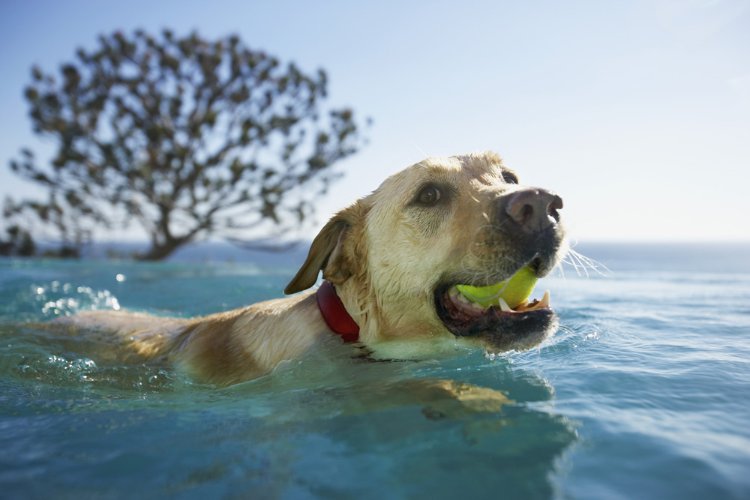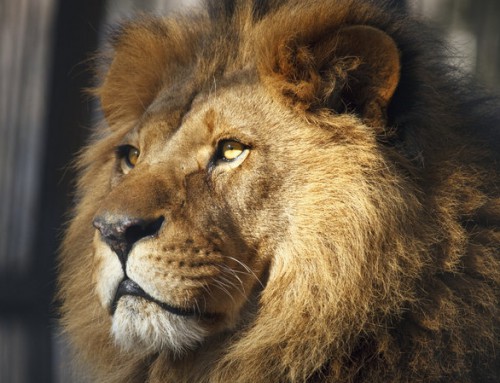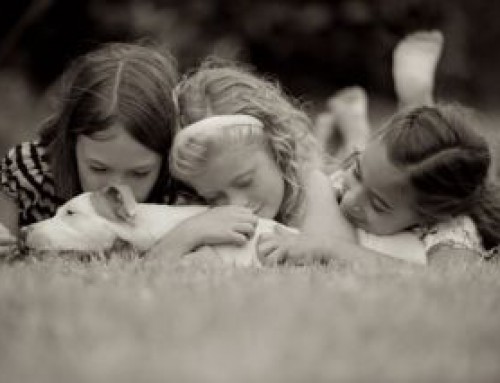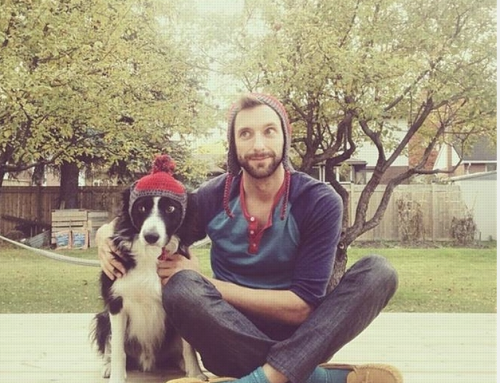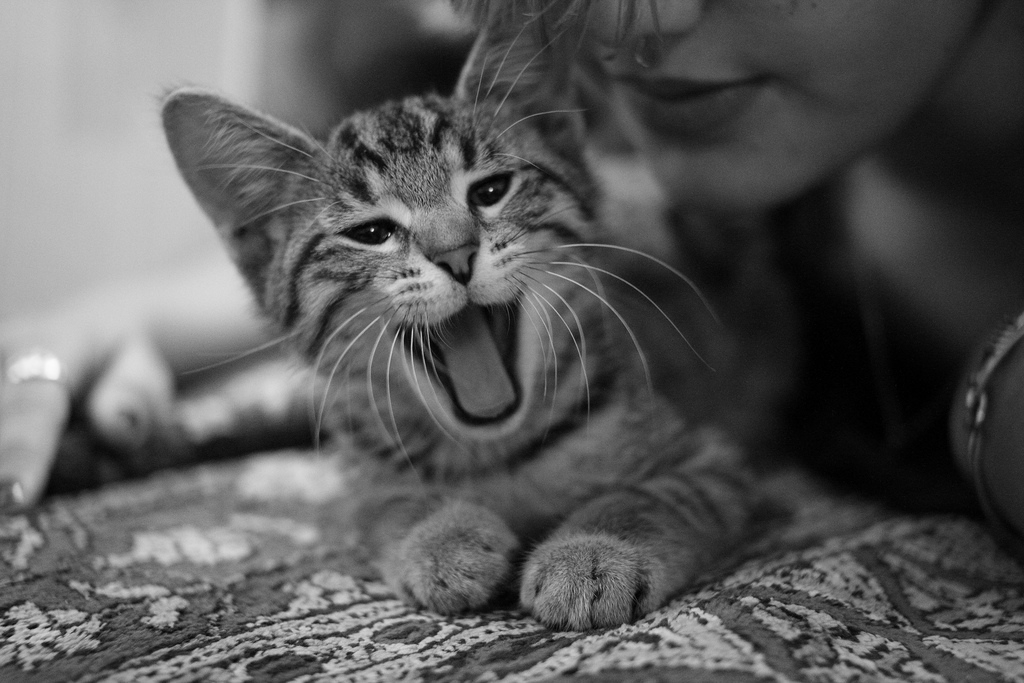
Photo Credit: mikeywally via Compfight cc
By her side, I would guess, sat her sister and her parents and a circle of shadowed faces blending into the audience. Flash-forward eight years, I could be facing my daughter —that same look of inquisitive, genuine trust – as my thoughts in that instant whirled for an answer.
Three decades of working with a myriad of creatures from tegus and bandicoots to zebras and leopards—and countless family pets—spring to mind all at once in a muddled blur of characters.
And yet, in thirty years of patients, despite their obvious differences, the lessons they’ve brought me are remarkably consistent across the range of species:
An age-old Cheyenne proverb teaches, “Do not judge your neighbor until you have walked two moons in his moccasins.” Each of us views the world from our finite perspective: as humans, we’re far too often anthropocentric—viewing the universe as if it revolves around us. Yet, when we strive to step in another’s shoes, letting go of attachment to our personal viewpoint, we open ourselves to endless possibilities beyond our customary way of thinking. First and foremost, my patients remind me there is much more to the world than I routinely notice—sometimes quite literally beyond my capabilities—and each animal and person around me can help me to realize new possibilities in my relationships with them and the world in which we live.
Whether because of the pace of our lives, the reasoning power of our human brains, or the simple indulgence of dwelling on ourselves—our hopes and wishes, worries and fears, concerns, frustrations, priorities—we live so much of our lives lost in thought: reflecting on the past, dwelling on the future, or thinking of some time other than the moment, some place other than where we are right now. But we do so at a costly price. We miss what is right in front of us. In contrast with our distractedness, animals inherently live present in the moment, focused on what is happening in their relationships and circumstances. By taking our cue from animals, we can become much more aware and responsive to our world.
Through our human use of words, we distinguish ourselves from animals. But we focus so much on what we say, putting stock in our choice of words, that we often fail to pay attention to all the many other ways that we portray our inner world. Just like other animals, we convey what we feel by unspoken signals. As we accept how we convey our thoughts and feelings beyond words we use—through the tone, pitch, and pace of our voice as we speak; our postures, gestures, and facial expressions; the ways we look into another’s eyes (or don’t)—we more fully relate to those in our lives. And to be seen, heard, and understood more closely with each other, depends on our attending to all the ways that we communicate.
Animals by their very nature do not restrict their lives by choice. Yet humans do—in countless ways—with animals, others, as well as ourselves. We have few, if any, captors or keepers, although we act as if we do. Every day we put our- selves in boxes, denying ourselves the things that matter most to us. When we deprive ourselves of our basic needs, we stop living in integrity and our lives become diminished.
If we’re willing to consider the animals around us and take notice of where we limit their lives, we can better see how we set limits on ourselves. We can find wholeness and balance in our lives only when we attend to all our needs and our highest values.
As part of our human condition, each of us, in our own way, carries moments when we were hurt long after the occasion has passed. Those echoes of our hurt continue to haunt us—resounding within our hearts and minds—to be relived again and again. The tolls we pay for holding on to those moments—resentment, anger, anxiety, depression—steadfastly plague our health and well-being: raising our blood pressure, hampering sleep, heightening pain, and weakening immunity. And we infuse the memories of our hurts into our relationships, with those that are close to us but also others in our lives.
Though animals, undoubtedly, harbor memories of pain and suffering, they move past them with greater poise than we, as humans, often do. It’s not that they are indifferent to insult or injury, but they more willingly return to their relationships and their lives, giving as before. For them, the continuity of their lives takes precedence. Yet beyond their fitness for survival, animals reveal a capacity to give as before a hurt with grace and equanimity. Looking past missteps and blunders, they remain devoted to the enduring qualities of each relationship—companionship, sharing, and affection. And with their steady constancy and abiding presence in our lives, they model how we, as humans, may endeavor to forgive.
Note: This post was originally published on LinkedIn.

